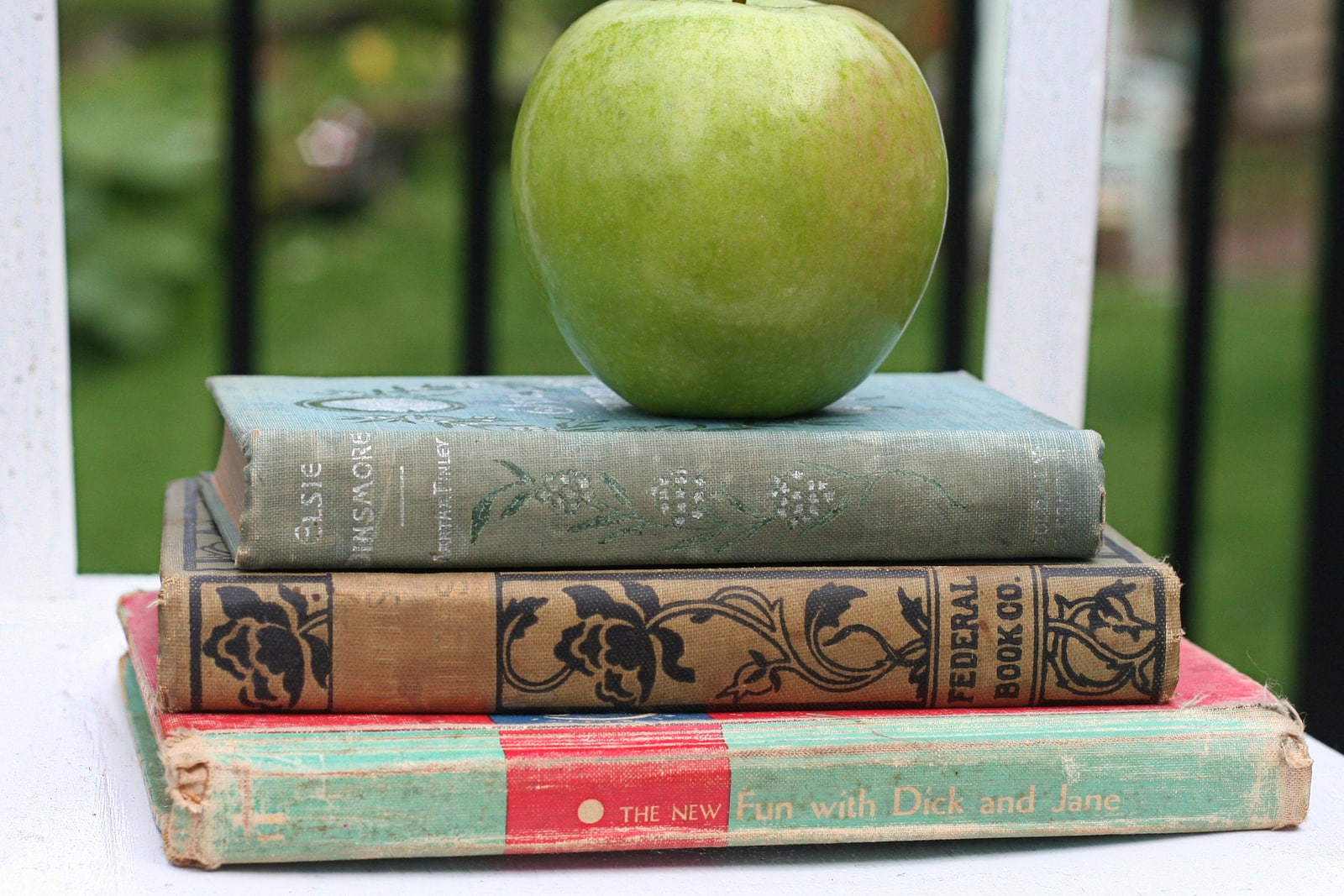The Future of Books is the Device You Have With You – Which Might Not be Your Phone

![a9f1c7dd18aea0b8af2a481c1c503ca6_400x400[1]](https://the-digital-reader.com/wp-content/uploads/2014/11/a9f1c7dd18aea0b8af2a481c1c503ca6_400x4001-150x150.jpeg)
Where are people reading more, tablets, phones, or on the web?
We’ve always been really big believers that the device of the future for books is the phone. That’s the first thing we went to publishers with when we started talking about the differentiation of Oyster, that we can provide the best possible mobile experience.
It’s hard to get the data on this with Android, because, what is a tablet? But between iPhone and iPad, it’s a 50 / 50 split. It might even be higher on the phone in recent months over the iPad. This is an app that people use on their phone constantly, and we see the actual activity spiking during the week at lunchtime, and through the evening and peaks around midnight, and on the weekends it’s pretty sustained. Unlike a lot of products, our biggest days are Saturdays and Sundays, but when we added the web reader, you see it spiking on weekdays because people are reading during work.
We thought about making a button you could hit that would make Oyster look like Microsoft Word like they do for March Madness. It would be funny to bring that to books.
I have long said that smartphones and tablets (and not dedicated ereaders) were the future of the ebook market, but I’m not sure Van Lancker is right in this instance to focus on just one type of device.
While we have seen evidence that smartphones are outselling tablets by a factor of five to one and are driving sales in some markets, I’m not sure that he is correct to say that they’re the future – at least, not yet.
For one thing, with 200 million iPads sold and 500 million iPhones sold in 7 years, the fact that iPads and iPhones are showing up in Oyster in equal numbers suggests the argument that the iPad is preferred over the iPhone as a reading device. (And even if you assume that an arbitrary percentage of the units sold are no longer operational, you’re still going to have far more iPhones in use.)
But more importantly, the growth of phablet screen sizes is quickly rendering most distinctions between smartphones and tablets irrelevant. When you have 4.3″, 5″, 6″, and 7″ tablets and 5″, 6″, and 7″ smartphones available in a single market, the only way you can really distinguish between them is by the connectivity – namely, whether you can use one to make a call. And thanks to Skype, I’m not sure that’s a valid criterion either.
In short, I wouldn’t say that smartphones are the future; at this point that is an arbitrary label applied to some mobile devices. Instead, I would say that people will read on the device they have at hand. Often times that is their phone, yes, but not always.
For example, I have always carried around a 7″ tablet to read on, but lately I have started to replace it with an Android ereader. Yes, I know one shouldn’t generalize from a single example, but his argument is based on the same flaw:
Why did your gut tell you that people are going to be reading on phones in the future?
It was my own behavior. Even when I’m in bed at night, I have an iPad mini with Retina and I still use my phone. And I have an iPhone 6 now, which is even better.
Thoughts?

Comments
Thomas November 6, 2014 um 11:38 am
I dunno. I still do most of my reading on a six year old netbook because I’m too lazy to hold up a tablet.
Nate Hoffelder November 6, 2014 um 1:03 pm
I do a lot of ebook reading on my laptop because the larger screen lets me read a page at a time.
Jessica November 6, 2014 um 11:55 am
I always carry my phone around. I don’t carry my tablet unless I know for a fact that I need it. The iPhone 5S’s screen is nowhere as nice to read on like my iPad Mini’s is, but when I’m waiting around, it sure is nice to have right then and there.
anotherdigitalreaderfan November 6, 2014 um 12:20 pm
A friend likes that big iphone 6 to read books on at lunch breaks at work, good for book worms who don’t get a lot of calls.
Juli Monroe November 6, 2014 um 2:05 pm
I do read on my phone, but probably less than 5% of the time. For me, it’s my Kindle, which is small enough to take with me most of the time. I’d be unhappy if the only way to read were on my phone.
Al the Great and Powerful November 6, 2014 um 2:09 pm
my iPhone 4 is too small for comfortable reading, so I am happier reading on my Nexus 7 tablet. Small enough for a pocket, and multifunctional, and I can tether it to the iPhone for internet use if need be.
LS November 6, 2014 um 2:59 pm
Basically a phone big enough to comfortably read on for any length of time is a phone too big to fit in my pocket.
I prefer to read books in one sitting and the one time I tried it on an iPod touch I injured my wrist from all the page turning. Reading on my phone is great in a waiting room, but otherwise not really an option.
Will Entrekin November 6, 2014 um 3:53 pm
So book evolution is going to follow camera evolution ("The best camera is the one you have with you.")? That makes some sense, actually — and the iPhone has long since become the most popular camera in the world (if not the best).
I think the tablet/phone element is moot. The future of information is screens, and those will be in a lot of places.
Nate Hoffelder November 6, 2014 um 3:55 pm
I hadn’t thought of it that way, but you’re right. That is what happened with cameras.
William D. O’Neil November 7, 2014 um 12:43 am
…and it hasn’t killed the market for dedicated cameras. Mostly it’s dented the market for point-and-shoots.
Timothy Wilhoit November 7, 2014 um 3:05 am
That’s a good point. If my stepdaughter is going out in the wild to do bird photography, she hauls out the DSLR and the giganto-lenses. If she has a serendipitous sighting, she will use a camera phone. Those photos, while better than nothing, are seriously limited compared to the RAW format of the DSLR pictures. Decent analogy.
Nate Hoffelder November 7, 2014 um 7:08 am
But smartphones have had an affect on the pro camera market, albeit a small one. You’d be surprised how many bloggers come to CES with both a smartphone (with a good camera) and a dslr but leave the latter in their hotel room most of the time.
And even with consumer cameras, smartphones are still affecting the pro market. Smartphone are forcing cheap cameras to justify their existence by getting better and moving upmarket.
Becki November 6, 2014 um 8:13 pm
I recently purchased a mid-level HTC phablet to use as my primary ereader, because I don’t want to pack multiple devices for an upcoming trip. It has a 5.5″ screen and isn’t much smaller than a mass market paperback book (and I can make the text bigger). No problem reading it, my eyes don’t get tired by the screen, pretty decent battery life, and it is still small enough to fit in my smallish purse that can’t carry a small Kindle. I was using a Kindle that was borrowed, but I’ll be returning that now that I have a better (read: more frequently available) option.
William D. O’Neil November 7, 2014 um 12:45 am
I do the great majority of my serious reading at home, where all my devices are with me. Mostly I use the Kindle, sometimes read on the PC screen.
One size does not fit all.
Lezen wordt mobiel: uitgevers en agile reading | Digital Native November 7, 2014 um 4:22 am
[…] zoals Nate Hoffelder terecht opmerkt, schermgrootte is op dit moment een nauwelijks nog te definiëren concept, aangezien er van elk […]
Cindy Puzio November 12, 2014 um 9:08 pm
I started digital reading on my phone while traveling for work. This experience was okay but it made my eyes tired after a while. I am a woman and I do not want some big man sized phone that does not fit in my pants pocket. I like my smaller phone. So I have had a Kindle Fire HD for the past year and 1/2 and I love it. I use it to read books, magazines, articles I have saved to read later, pdf books & mobi books. Very handy when you are traveling!